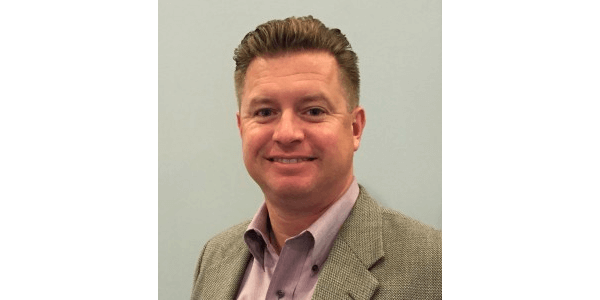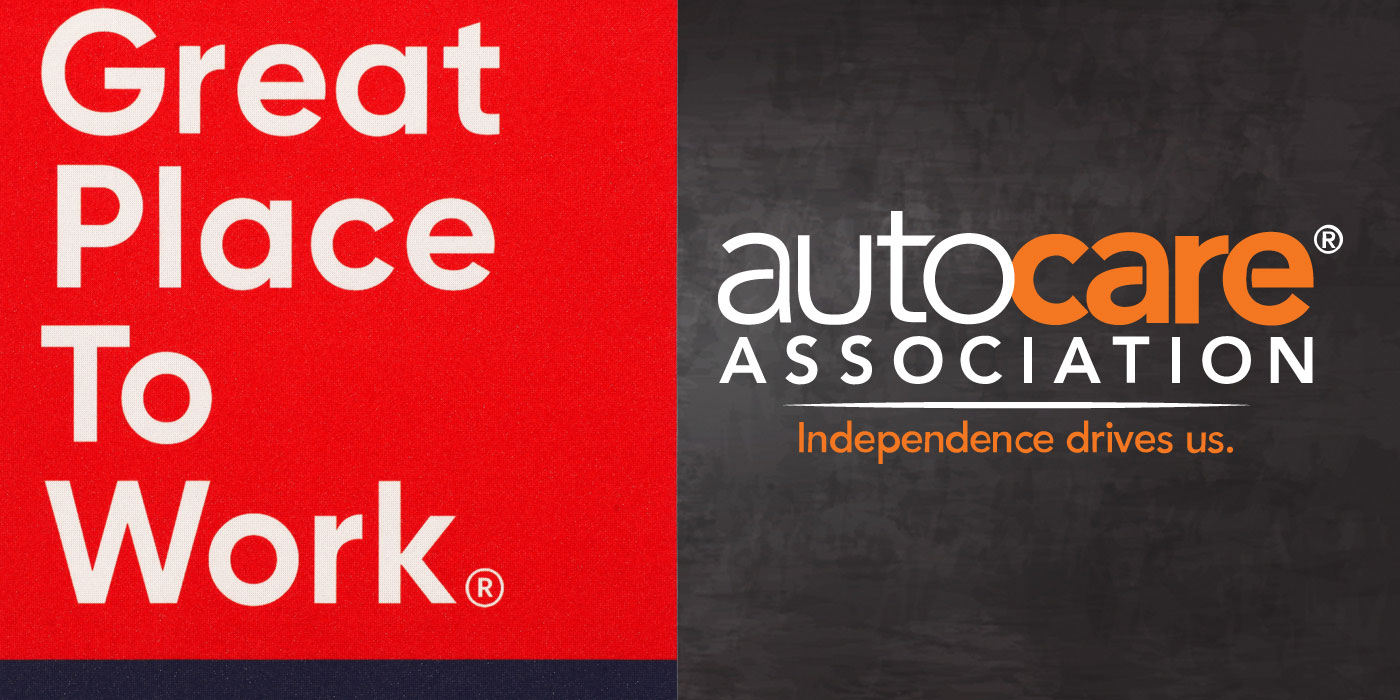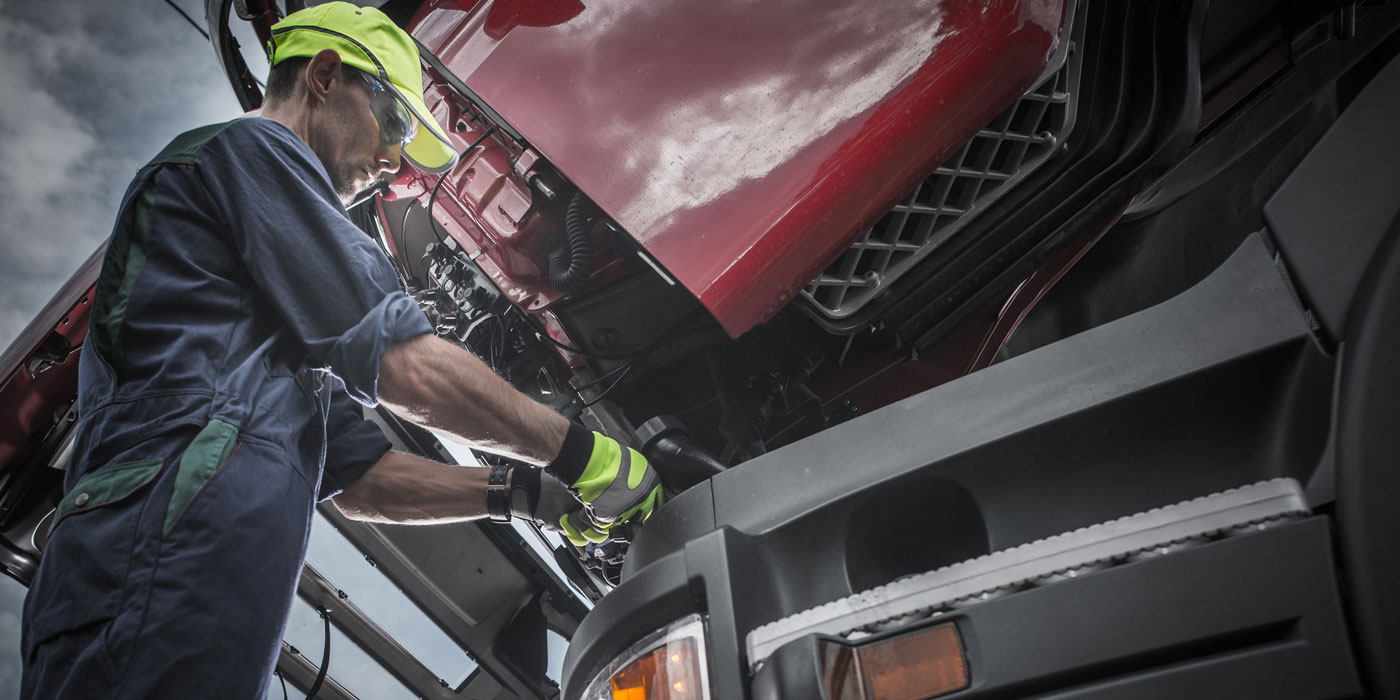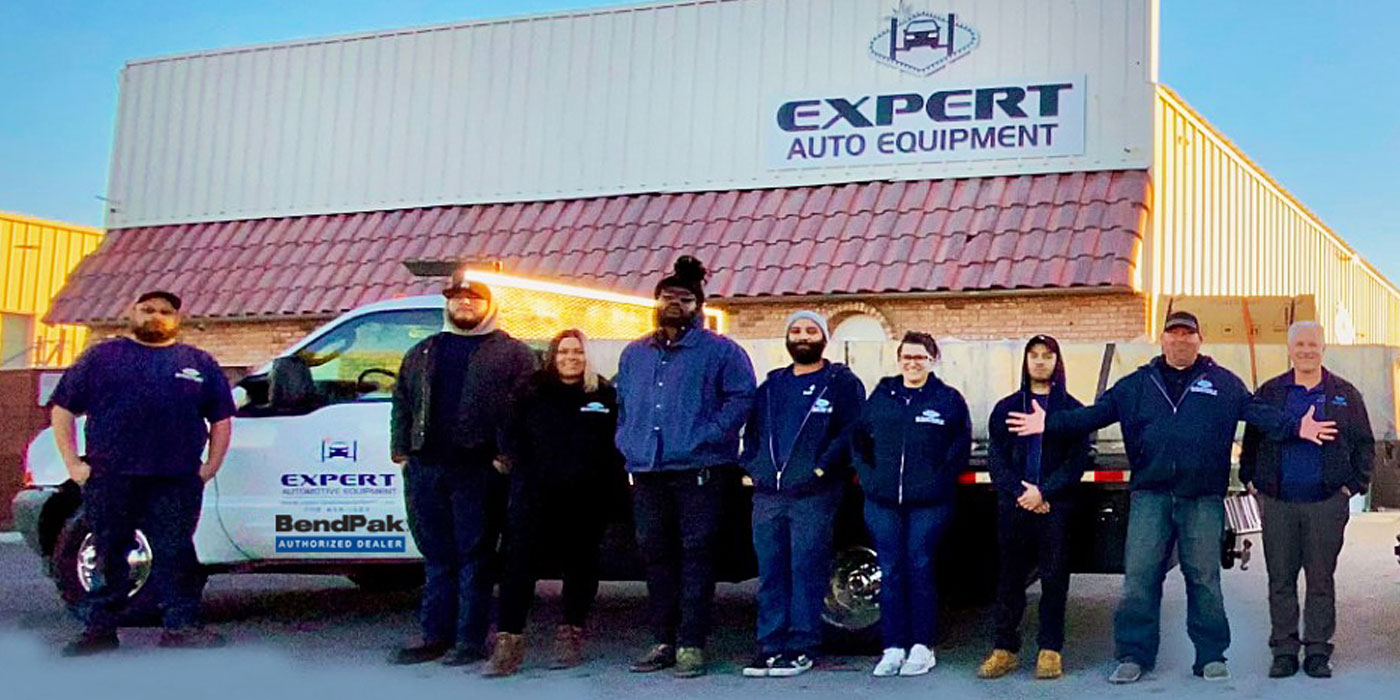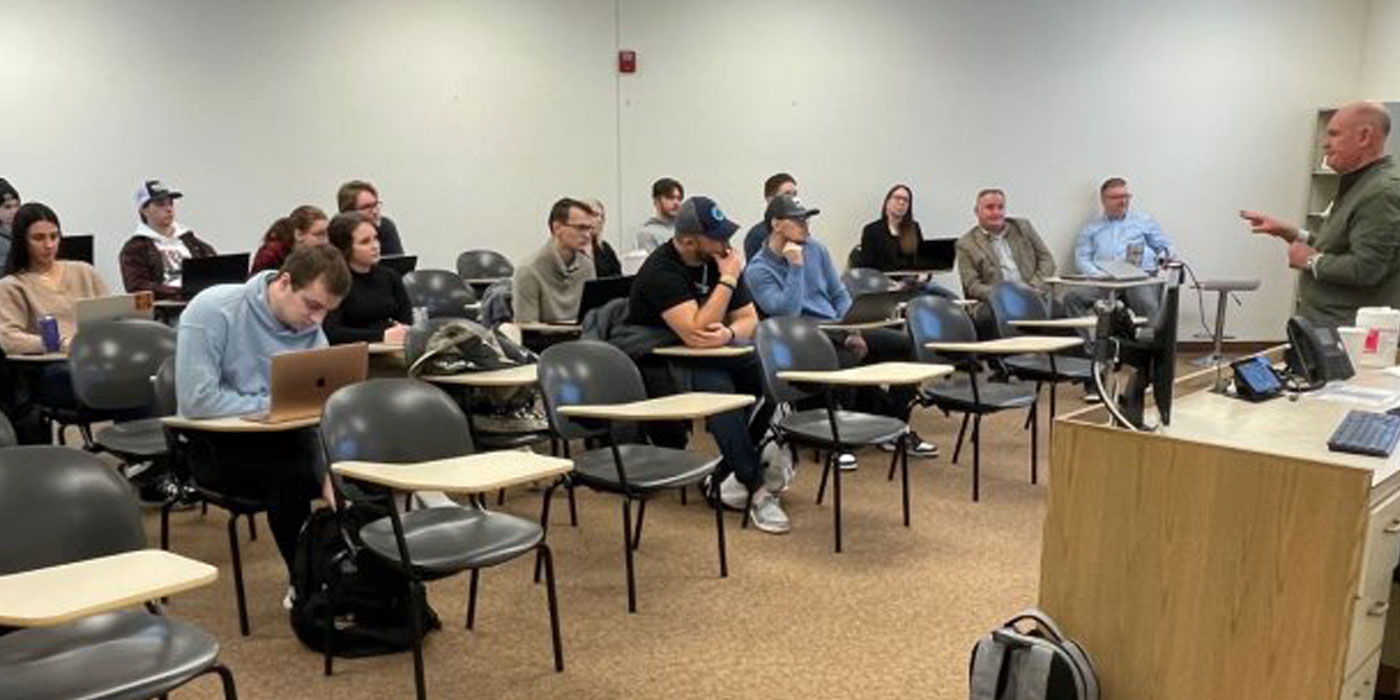 Doug Arnold is the vice president of aftermarket sales for Bosch’s Automotive Aftermarket division in North America. He is responsible for all automotive aftermarket sales for replacement parts, tools, equipment and diagnostics under the Bosch, OTC, Robinair and Actron brands. Previously, he served as vice president of traditional sales for another automotive aftermarket parts supplier. Arnold holds a Bachelor of Science in Business Administration in sales management from the University of Akron in Akron, Ohio.
Doug Arnold is the vice president of aftermarket sales for Bosch’s Automotive Aftermarket division in North America. He is responsible for all automotive aftermarket sales for replacement parts, tools, equipment and diagnostics under the Bosch, OTC, Robinair and Actron brands. Previously, he served as vice president of traditional sales for another automotive aftermarket parts supplier. Arnold holds a Bachelor of Science in Business Administration in sales management from the University of Akron in Akron, Ohio.
In this executive interview, he talks with aftermarketNews about the company’s vision for the future, as well as how he plans to leverage his own industry experience to help the company continue its leading position in the marketplace.
Describe Bosch’s OE heritage and product innovation and how these factors have contributed to the availability of “parts for every car” in the aftermarket.
Bosch has been an automotive supplier for more than 100 years to most vehicle manufacturers. The company really got its start with the magneto ignition device and evolved over the years to major vehicle systems including safety systems, fuel injection, stability control and in-dash multimedia displays. Bosch holds patents for and invented life-saving and fuel-efficient technology used in vehicles today, including anti-lock brakes (ABS), electronic stability control (ESC), traction control system (TCS) and gasoline direct injection systems (GDI).
What can your customers expect in terms of parts and vehicle applications?
In addition to the parts and systems provided to nearly every automaker in the world, Bosch’s aftermarket division designs, engineers and manufactures replacement parts to match the performance, form, fit and function of the originals. Parts are available for most vehicles, including brake pads, rotors, spark plugs, sensors for engine management, pressure, temperature and oxygen along with wiper blades and more.
Last August, you were named vice president, independent aftermarket sales, Bosch Automotive Aftermarket Division North America. Tell us about this new role, and what will your primary focus be in 2017?
My primary areas of focus are aftermarket parts and diagnostics. We want to close the loop between the tools that help locate the problem to the parts that fix the problem. Our sales teams are helping to deliver a full package for what workshops need, creating a closer relationship between parts and diagnostics.
How will you leverage your experience in national brand sales and sales management in your new role at Bosch?
My team is working to bring innovative Bosch products to the marketplace for our customers and shops. We’re using facts, research and engineering expertise to support recommendations, identify problems in the marketplace and solve them with innovative solutions geared toward efficiency. The customer is most important. We aim to make diagnosing and repairing easier for the tech opening the box and installing the part. In doing this, we’ve empowered our sales team to do what’s right for the customer. They can work faster and solve more problems.
In addition to underhood and undercar products, what other opportunities do you see for the Bosch brand in the near future?
In the near term, we have an expanding catalog of parts for most makes and models, offering nearly any replacement or repair part. In many cases we are the OE part. One major mid-term opportunity is our automotive steering division, manufacturing electric steering systems that use less energy and offer more driving comfort. The opportunities will continue to grow as vehicles become a greater part of our everyday lives – as transportation and as a third living space.
What is Bosch’s unique value proposition that helps differentiate it from the competition? What are some of the value-added offerings Bosch provides to independent repair shops?
Bosch is synonymous with quality, meaning if you replace it, the part will perform as expected. Replacement parts are engineered and manufactured to meet or exceed OE specifications for long life and reliable performance. In many cases, the parts available in the aftermarket are the exact same that were installed in the vehicle during its assembly, because we are the supplier.
What do you feel is the most daunting emerging technology and how will Bosch help independent repair shop techs meet the challenge of repairing vehicles equipped with this new technology?
I wouldn’t say any are daunting, but many new technologies will change how techs and shops diagnose and repair vehicles. Things like 48V battery systems, the increased number of sensors in vehicles, autonomous vehicles and advanced fuel management will all present new service opportunities.
Bosch is developing new software to help diagnose and talk to vehicle modules to test their functionality. Engineers are also working to extend the service life of parts through innovation, including fine-wire spark plugs, copper-free brake pads and new rubber compounds for wiper blades to make them last longer and fuel injectors that last more than 100,000 miles.
Describe the Bosch Car Service (BCS) program and its benefits to independent shop owners, and how they can leverage their affiliation among both customers and prospects.
Independent aftermarket shops dedicated to service, quality and training can join the BCS network. The program helps independent shop owners thrive in today’s climate of changes in vehicle technology and fast paced repair business environment. We have more than 1,900 BCS shops in North American and more than 17,000 worldwide. They work on every kind of passenger vehicle – gasoline, diesel, hybrid cars and trucks, regardless of where they were built.

